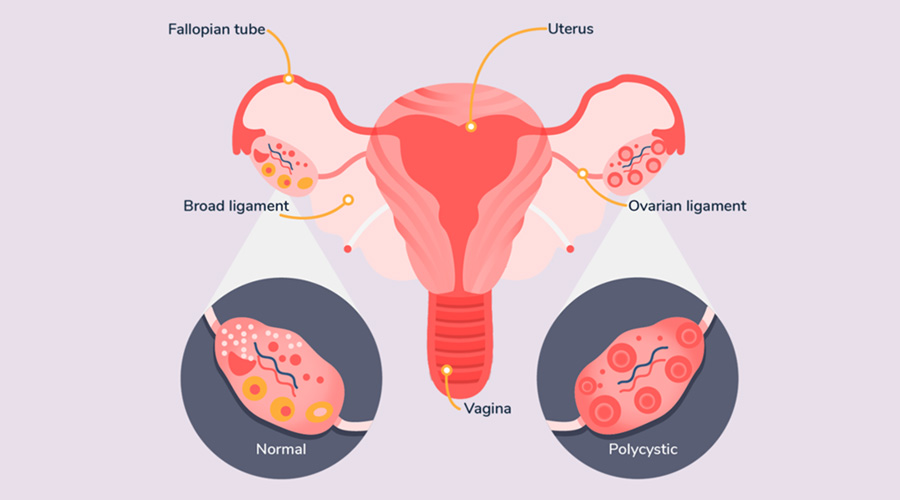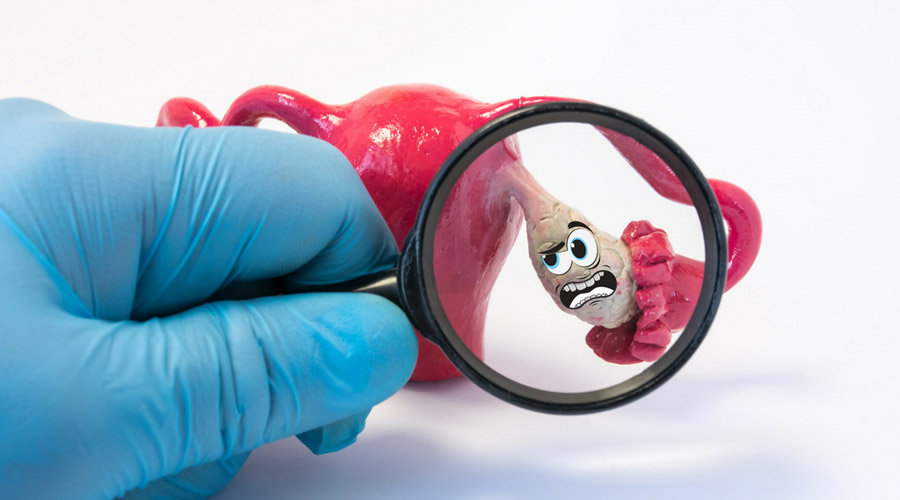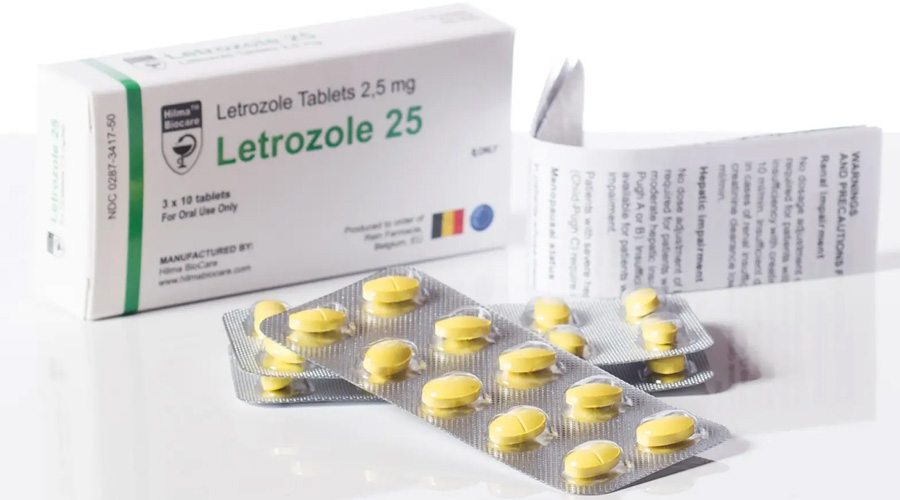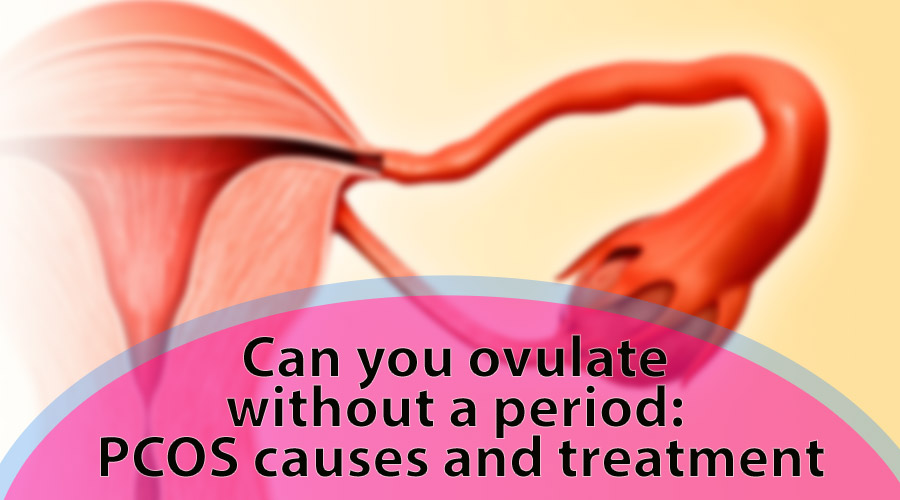Polycystic ovarian syndrome (PCOS) is a common problem in women of reproductive age. It’s caused by a combination of genetic and environmental factors. About half of women with PCOS have no period. If you have polycystic ovary syndrome (PCOS), you may be wondering if ovulation can occur without a period. In this article, we will discuss the causes and treatment of PCOS, as well as the possibility of ovulation when you have the condition.
Table of Contents
How PCOS affects fertility

PCOS is a condition that occurs when the body does not produce enough of the hormone insulin. This can lead to an imbalance of hormones, which can affect fertility. It is one of the most common conditions in women struggling with infertility. Women with this condition have higher levels of male hormones called androgens. This hormonal imbalance can interfere with ovulation. PCOS is a syndrome that is characterized by irregular or absent menstrual cycles, excessive hair growth on the face and body, abdominal pain, and difficulty staying pregnant.
There are a number of different causes of PCOS, including genetics and lifestyle choices. Treatment options vary depending on the individual’s symptoms but often include medication, diet, and exercise. Some women with PCOS find that fertility therapies sildenafilo 100mg precio may be helpful in restoring normal reproductive function.
Lifestyle and fertility treatment options for PCOS

PCOS is a common condition that affects up to 15% of women of reproductive age. The disorder is caused by an imbalance of the hormones insulin and testosterone, which can lead to problems with ovulation, menstrual cycles, and fertility. Many women don’t pay much mind to their ovulation cycle until they’re trying to get pregnant. Here’s what you need to know and what to do if there are irregularities in your cycle and if you want to trigger ovulation.
Weight loss to restart ovulation

Weight loss is often recommended as a first step for patients with polycystic ovary syndrome (PCOS). In a recent study, the authors found that when weight loss restarted ovulation in women with PCOS , their ovulation rate increased by more than 60%. The authors suggest that weight loss may be an important part of the treatment for PCOS.
Medications and treatments for PCOS

Polycystic ovary syndrome (PCOS) is a common hormonal disorder that can lead to infertility. It’s caused by an imbalance of testosterone and estrogen. Treatment typically includes medications and treatments to improve the fertility problems caused by PCOS. Some common treatments include:
Letrozole

Letrozole is a medication used to treat symptoms of polycystic ovary syndrome (PCOS). Letrozole is a type of oral estrogen therapy that can work to improve the symptoms of PCOS. Letrozole works by decreasing the production of testosterone in the body. This decreases the male hormone androgen levels, which can improve symptoms such as irregular periods, excess hair growth, and rapid weight gain.
Gonadotropins

Gonadotropins are a type of hormone that controls the reproductive system. They are produced by the pituitary gland and work with other hormones to control the menstrual cycle, ovulation, and fertility. Some people with polycystic ovary syndrome (PCOS) have trouble producing enough gonadotropins. Gonadotropins help to regulate testosterone and estrogen levels in the body. This can help to improve fertility and reduce symptoms of PCOS. Gonadotropins work in conjunction with other hormones to help regulate the reproductive system.
Clomid

Clomid is a fertility drug that is often used in women with PCOS or Polycystic ovary syndrome. It helps to improve the flow of eggs from the ovaries and can help to increase the chances of getting pregnant. Clomid also helps to regulate the hormones that are responsible for PCOS symptoms, such as weight gain, difficulty with periods, and acne. Clomid works by helping the body to produce more ovulatory cycles.
Metformin

Metformin, a drug used to treat type II diabetes, has been shown to improve the symptoms of polycystic ovary syndrome (PCOS). In a study published in the journal “Endocrinology,” women with PCOS who were treated with metformin experienced an improvement in their insulin resistance and overall symptoms. These improvements lasted for at least six months after stopping the drug. Metformin can also help to reduce inflammation related to PCOS.
If ovulation medications don’t improve fertility, women may benefit from assisted reproductive technologies (ART) like in vitro fertilization (IVF). Studies have found that women with PCOS who undergo IVF treatment have the same rates of success as women without the condition
Inference
In conclusion, PCOS can cause infertility due to the lack of ovulation. However, a woman with PCOS can ovulate without having a period. There are treatments available for PCOS, including medications and changes in diet and lifestyle. If you think you may have PCOS, it is important to seek professional medical advice from a fertility specialist for diagnosis and treatment.
FAQ
How do I know if I ovulate with PCOS?
PCOS is a condition that affects the ovaries. Women with PCOS have difficulty getting pregnant because their ovaries don’t release an egg as often as normal. There is no one way to know if you’re ovulating with PCOS, but some signs may be a change in your menstrual cycle, being more preoccupied with your fertility, and experiencing feelings of anxiety or depression. If you’re not sure if you have PCOS, talk to your doctor.
Can a woman ovulate if she doesn't have a period?
Few women know that they can ovulate without a period. Ovulation occurs when the follicle that contains the egg ruptures from the ovary, and the egg is released into the peritoneal cavity. It is possible to ovulate even if you have no menstrual cycle. This means that you may be able to get pregnant without having a period. Although this may seem like a rare occurrence, it is actually quite common for women to ovulate without having a menstrual cycle.
Many women with PCOS have elevated levels of a type of hormone called luteinising hormone, which brings about ovulation, and reduced levels of a hormone called “follicle stimulating hormone”, which is essential for pubertal development and the function of women’s ovaries and men’s testes.
Can you get pregnant without having a period of 6 months of PCOS?
PCOS is a condition that affects women’s reproductive system. The most common symptom of PCOS is irregular periods. However, some women with PCOS don’t experience regular periods. Some women with PCOS also have problems getting pregnant. There is still no known way to get pregnant without having a period of 6 months in which your hormone levels are in the “normal” range for someone with PCOS. However, there are treatments available that can help improve your chances of getting pregnant.
How can I naturally ovulate with PCOS?
There are many ways to naturally ovulate with PCOS, but some people may need to take fertility supplements or undergo hormone therapy in order to ovulate. Others may be able to ovulate with lifestyle changes, such as eating a healthy diet and getting enough exercise. Some people may also need to use fertility medication in order to ovulate.
How can I restore my ovulation with PCOS?
If you have polycystic ovary syndrome (PCOS), you may have difficulty ovulating. There are many treatments that can help restore ovulation, but it is important to find the right approach for you. Some treatments include lifestyle changes, medication, and surgery.
